Cherish us. Cherish us as the imprints that we are.
When you look at culture—the lingo, the fashion, the makeup, the hair, the beauty standards both in and out of ballroom—Black trans femmes have always been at the forefront. Even with voguing, all of the classic dips and breakdowns are from legendary, iconic femme queens. That’s how strong our imprint is.
|
As the story of the birth of ballroom goes: Crystal LaBeijastarted the House of LaBeija because she felt ostracized and taken advantage of in the larger queer scene. From there, it grew into an organic space for queer people of color to come and feel like they’re the stars in the room, as opposed to going somewhere they aren’t getting the shine they deserve. It was this spirit of “I want to be seen amongst my peers who respect my talent. Respect what I’m doing.” Westarted this, and it’s kind of ironic that now, the same trans femmes and trans women who sparked this culture are the ones not getting the recognition they deserve now. For example, major artists and corporations have been taking from the scene, but not celebrating where it comes from. Like yes, you’re voguing, you’re doing this dance, but what doweget? It’s vital that we recognize Black trans femmes and their impact now, especially as our lives are at risk. This erasure can not continue, and it’s happening at a dangerous rate. Corporations are taking their Pride products off the shelves and canceling campaigns that include so many people who look like us. We’re at a pivotal point in human history. If we don’t represent ourselves now, future generations after us are going to still be fighting this fight. This campaign is important because girls like us are not only in the campaign but also working on it, curating it. We’re here, we’ve been here, we’ve been doing it, and we need to be recognized for our creativity. We don’t see a lot of conglomerates celebrating Black trans femmes at all, so let this be a turning point. |
 |
Trans folks need to know that they matter and that they’re important. We don’t need to just be thrown under a queer umbrella—we need to be told that our specific existence matters. We’re not being loved right now and that’s a really fundamental thing. Some young trans femme is going to be able to see this campaign and say “I see myself” or “I can do this, it’s still possible” or “I’m not wrong for just being me.” And that’s the point.
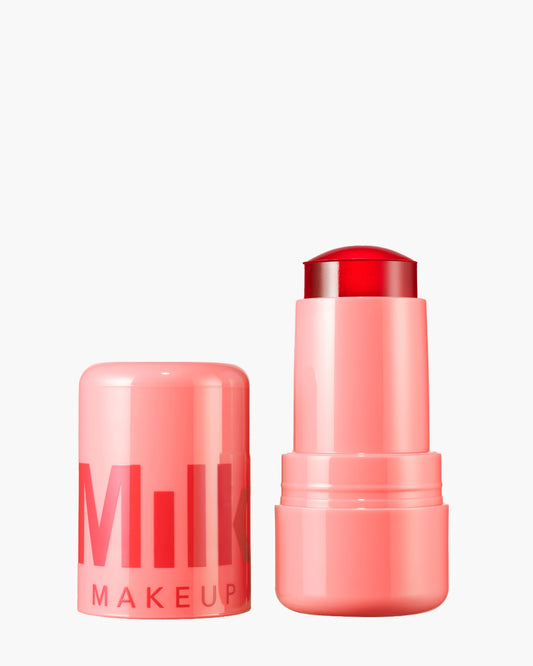
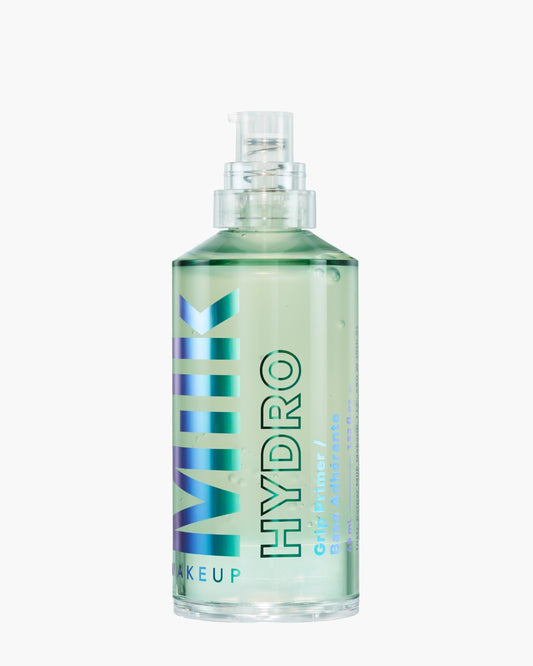
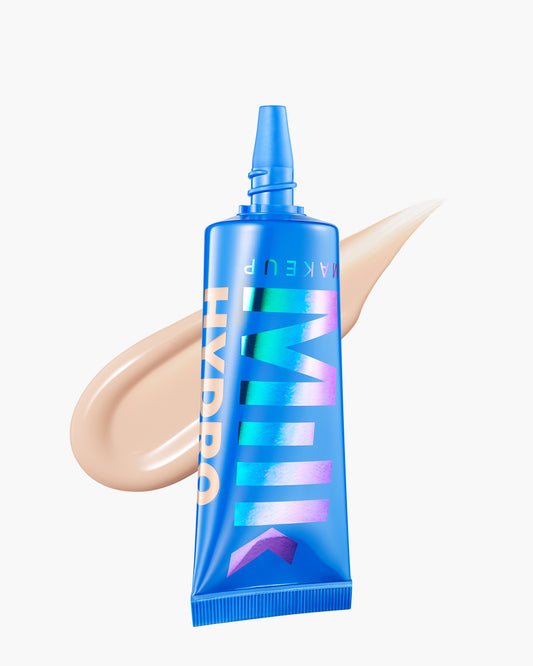
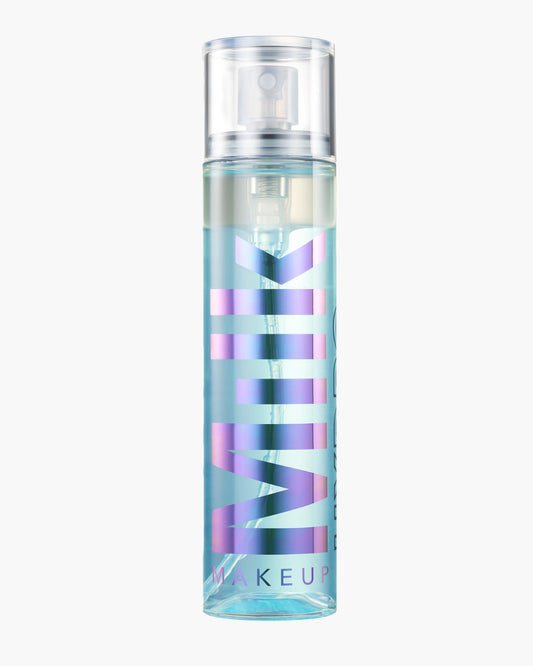
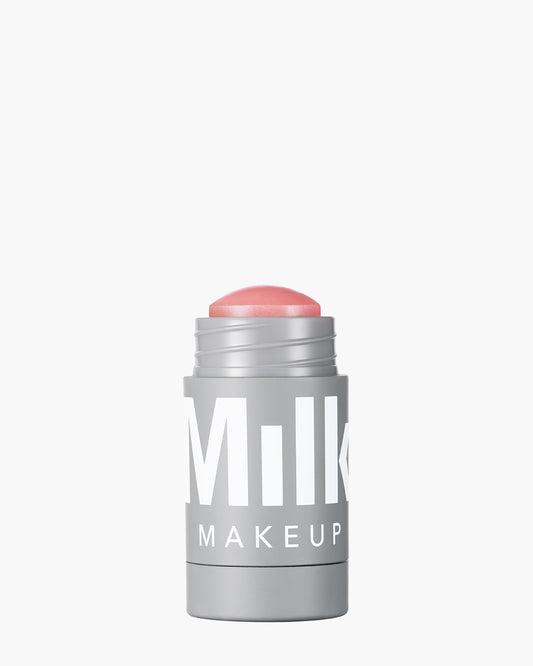
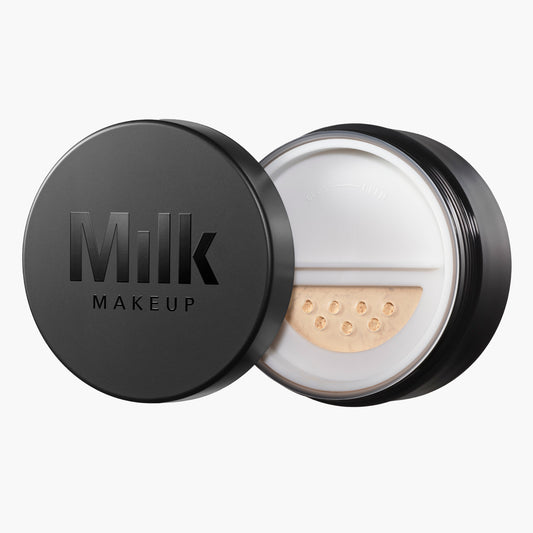

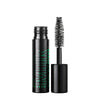



 "
"
